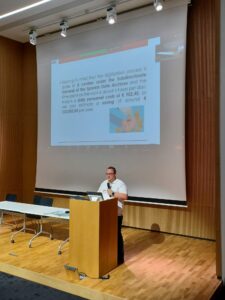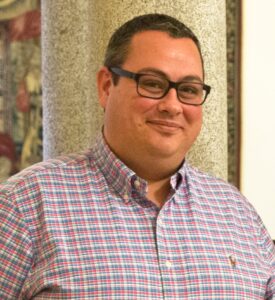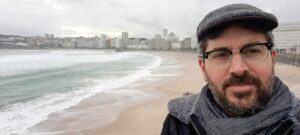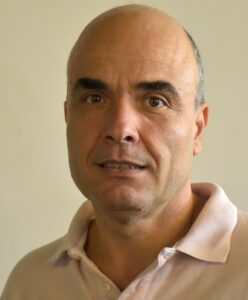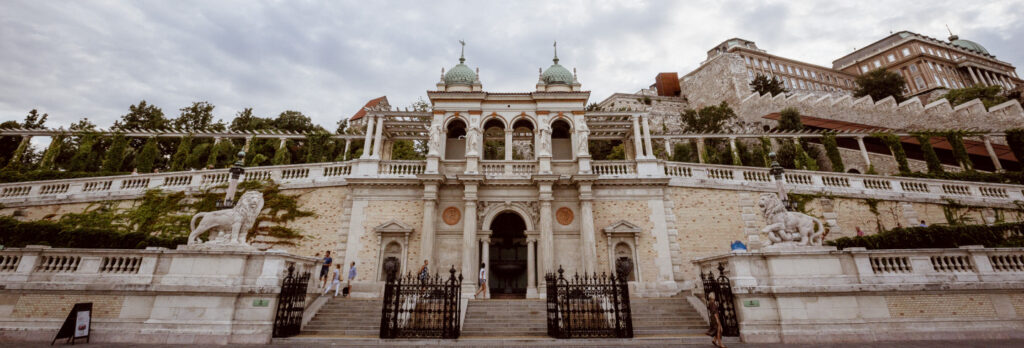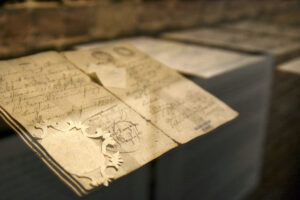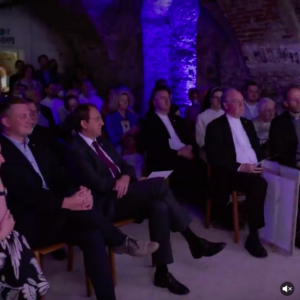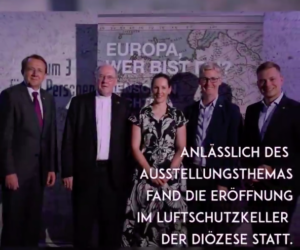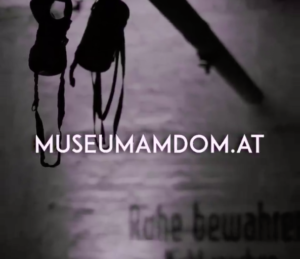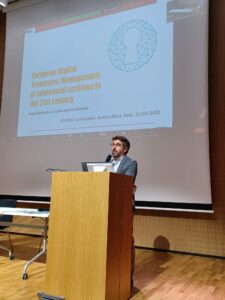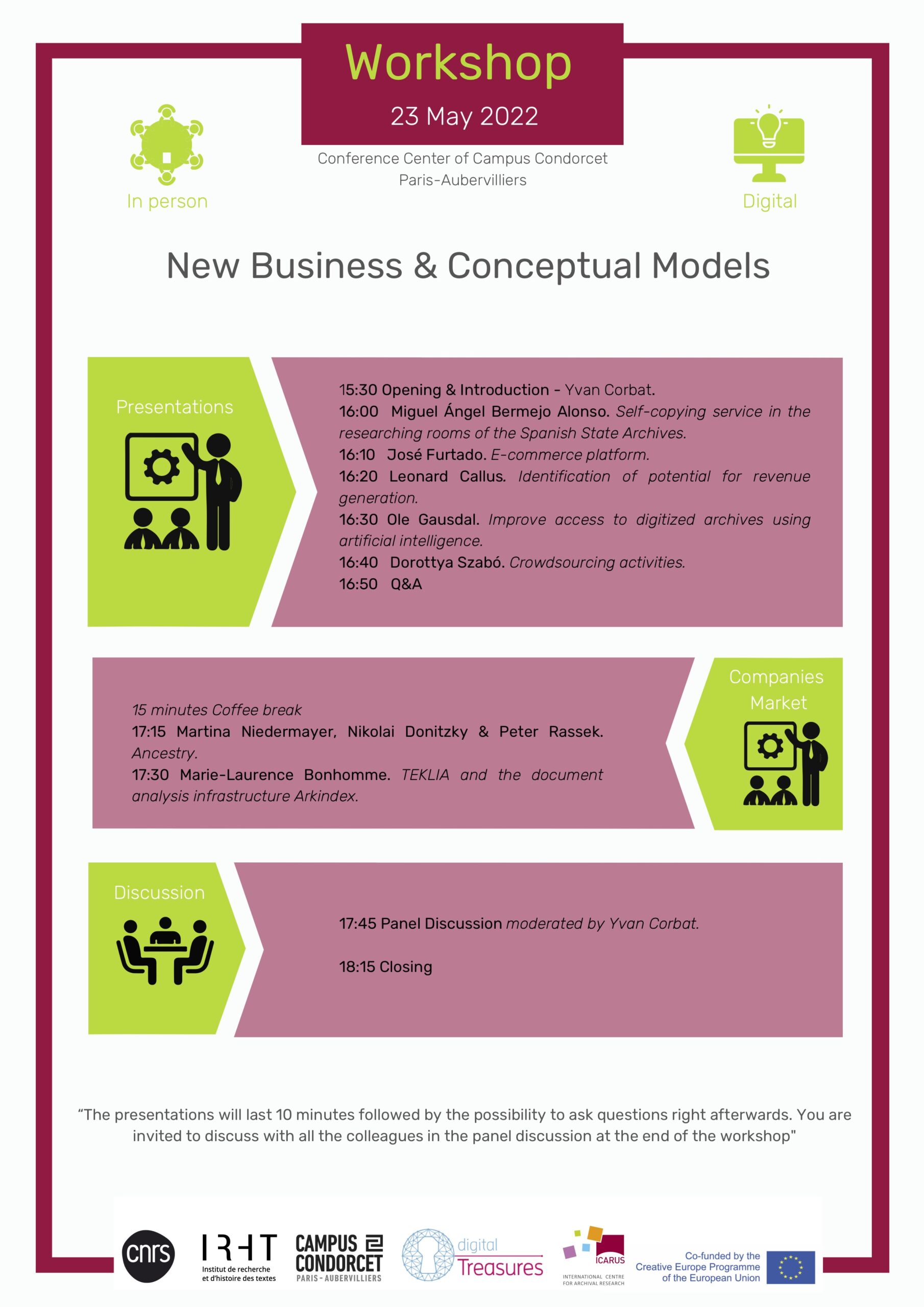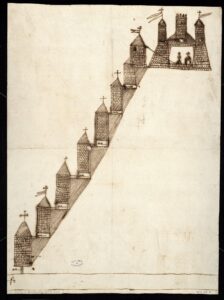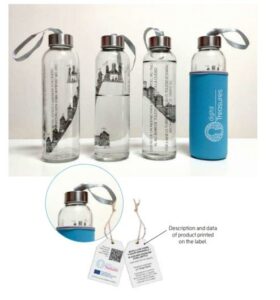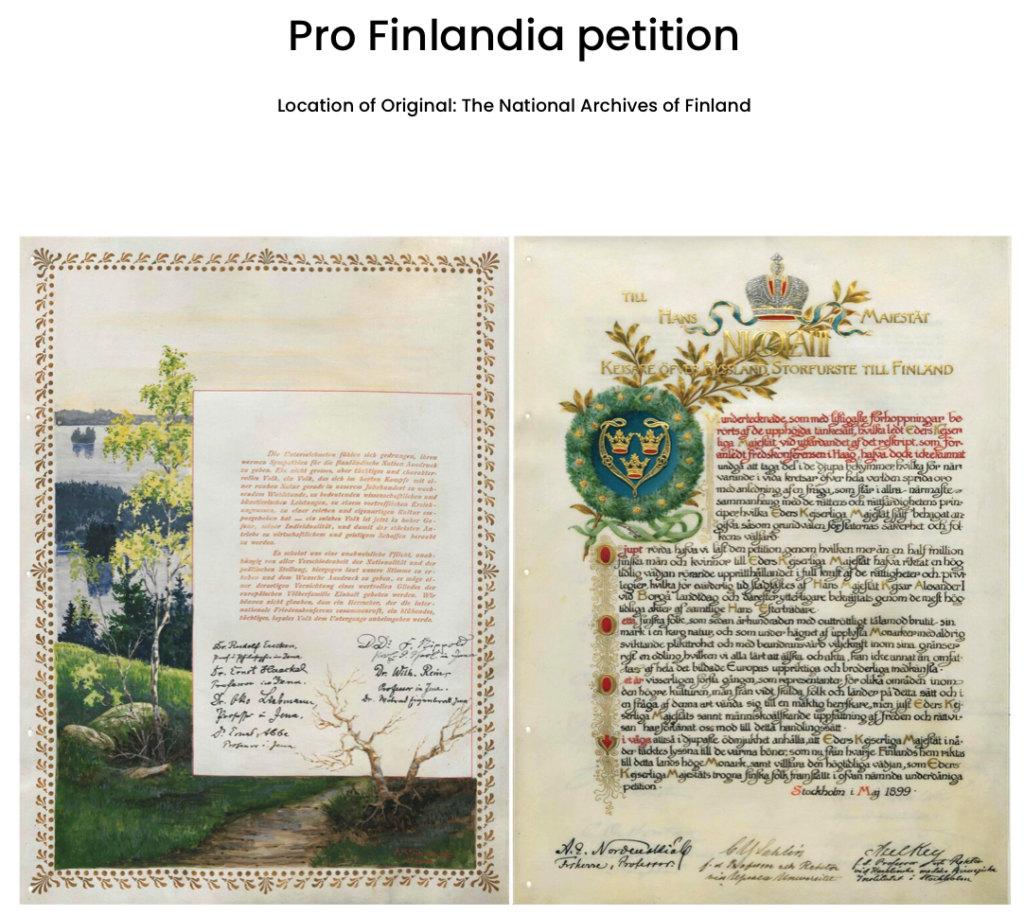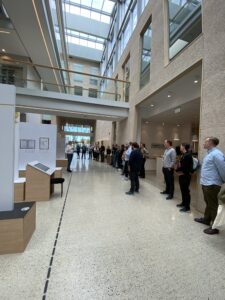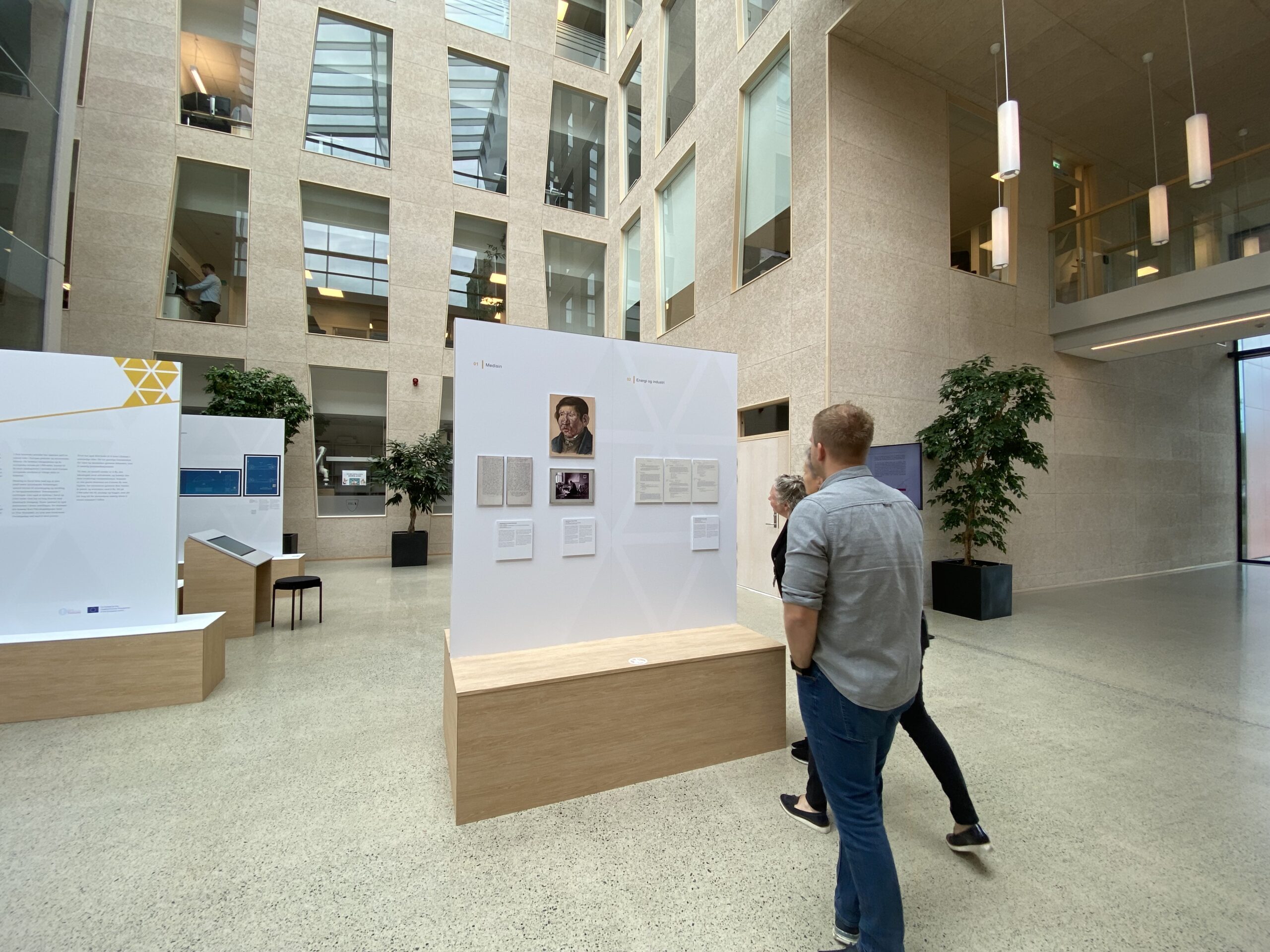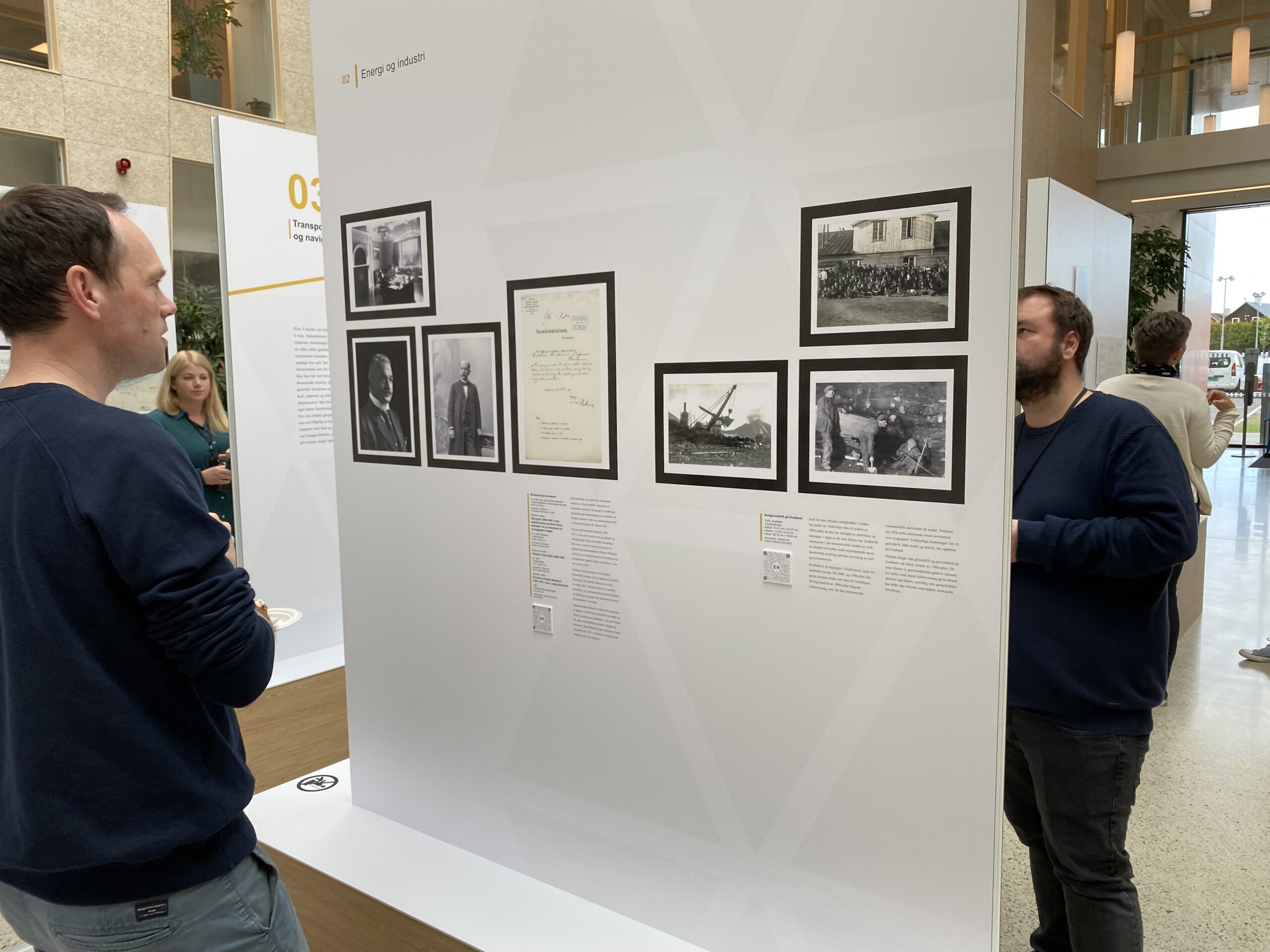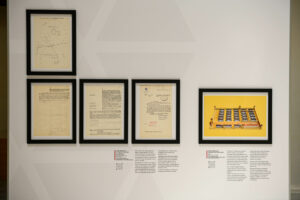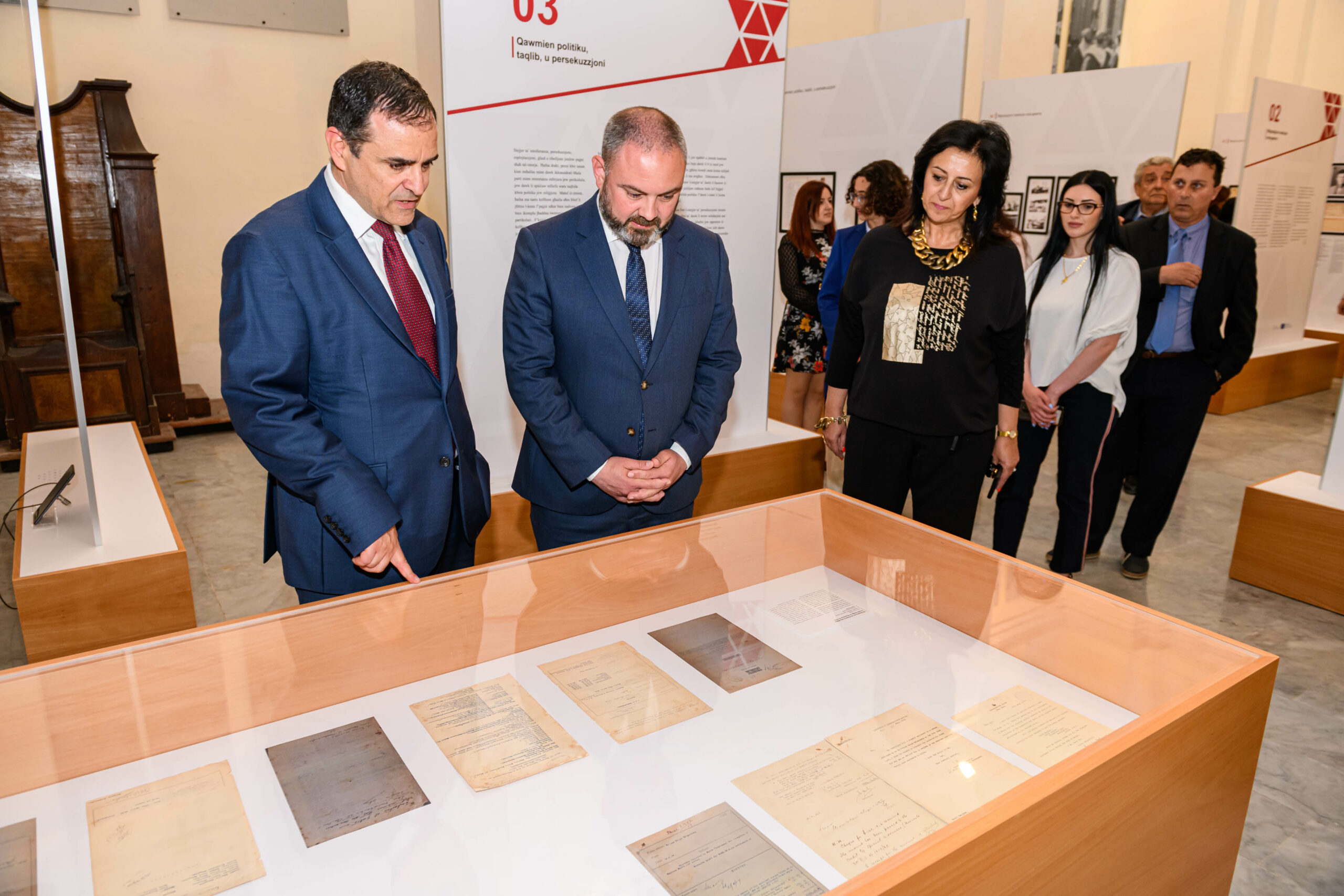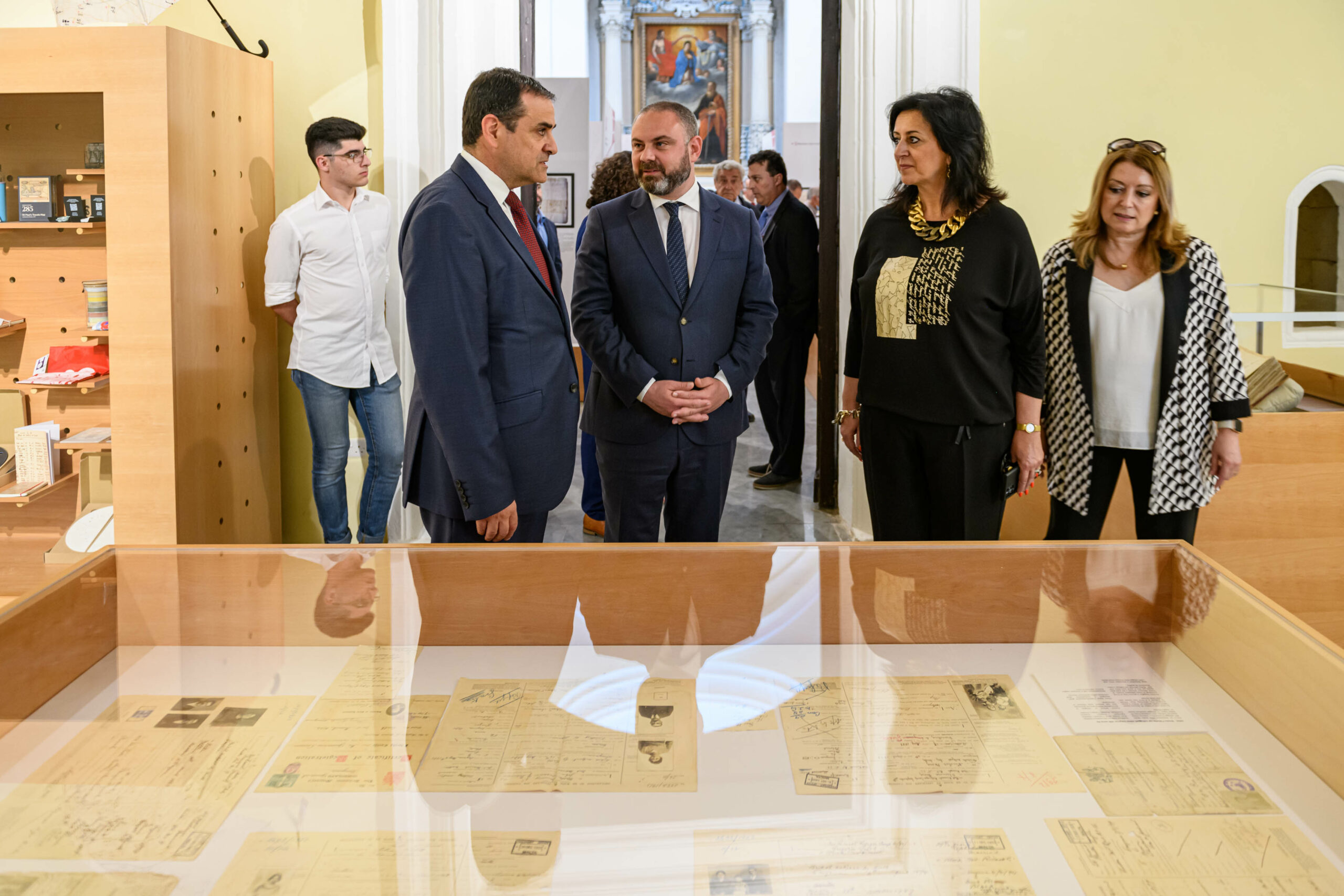From Face to Face to e-Commerce: The Migration Experience, brief describes the DGLAB (Portugal, General Directorate for the Books, Archives and Libraries) experience on the transition from its previous approach and position online to E-commerce strategy adaptation, faced as an opportunity for paradigm change. José Furtado, head of the Division of Information Systems, Statistics and Quality in the Directorate General of Books, Archives and Libraries, presented their ideas and findings at the European Digital Treasures workshop ‘New Business & Conceptual Models’, held on 23rd of May 2022 within the #28 ICARUS Convention.
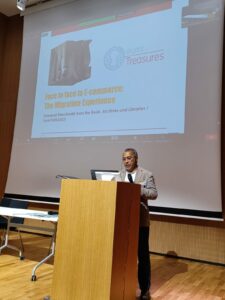
On the course 2020 to 2022, directly or indirectly COVID 19 pandemic deeply affected the business model conduced. Abrupt decline in sales as well as of the clients due to confinement were observed. At the same time, there was an incremental growth of online requests to services: a 13% growth of on-line interactions were experienced between January and June comparatively to the last 6 months of 2019 that continuously kept increasing since then.
All the above led to a shift of paradigm in this business area in order to better disseminate the institutional image of the archives, by introducing a different strategy, both at the physical shop and online service.
Decisions were taken towards the professionalization of the DGLAB’s online shop presence by means of disruptive technology in such way that could force the services to be also disruptive on their own work in order to optimize resources and process; aggregate other revenue-generating DGLAB services on the same platform; increase efficiency in customer service both at the “front-office” as “back-office” level, through a more immediate control of “stocks”; reading of sales flow indicators and order requests; improved payment and introduce flexible calculation mechanisms on shipping functionalities; tax configuration per country; General Data Protection Regulation (GDPR) compliance at Customer support features; ability for customers to view their order history and status; Live-chat integration etc.
Along with the consolidation of the strategic actions in the technological and operational field, start the path towards the creation of synergies that help us more easily identify and meet the needs of the user/customer/citizen by creating synergies with other entities is of crucial importance.
Encouraging easier access to archives heritage targeting public from other fields of research like design of products; magnifying the role of archives as a rich and unexplored source of resources for cultural commercial market; incentivizing public-private cooperation; generating product diversity to meet a broad range of public; promoting internships in real work context focus towards web design, marketing or communication; promoting initiatives focused on creating opportunities for artistic production, fostering identity expression as a right of citizenship that the State should support, should be the way to change.
In that sense, the challenge for next years will be to face e-commerce platform as a laboratory of experiences and the archives as a source of inspiration.
Read about this self-copying service in detail in our report here (p. 5) & check out the video on our YouTube Channel here.
Let’s present our workshop speaker
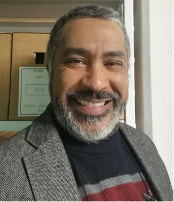
José Furtado works at DGLAB. Furtado’s activities towards archives extends for more than 30 years, both in Portugal and in Macau. He was involved at research activities, coordination of the training activities and quality services at DGLAB; promoted and developed studies for the quality of processes and assessments on the satisfaction of the clients of the DGARQ and internal collaborators, and implemented the performance indicators system. Participated in several working groups involved in the development of projects of high relevance, namely, the development of the platform for virtual consultation for archives (CRAV I) and application of projects to the Memory of the World (UNESCO) and European Heritage Label. From November 2012 until now he is the head of the Division of Information Systems, Statistics and Quality in the Directorate General of Books, Archives and Libraries, has a degree in History and has a postgraduate in Management of People and Knowledge and a post-graduation on advanced studies in Public Management, granted by the Institute of Administration, Lisbon.
Check out the recording of the presentation of José Furtado about “Face to Face to e-Commerce: the Migration Experience” here!
Additionally you can read the full report about the workshop here.
Read more about the workshop here.
Written by José Furtado & the European Digital Treasures Team.

